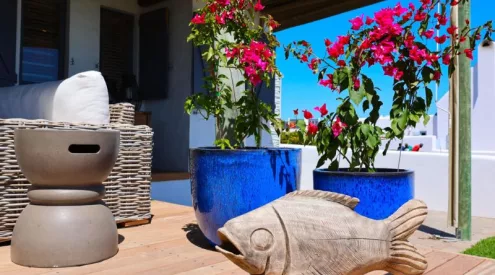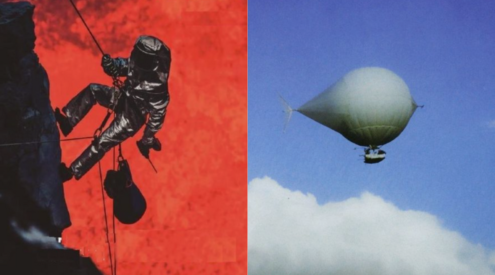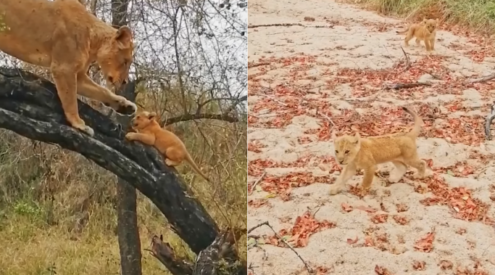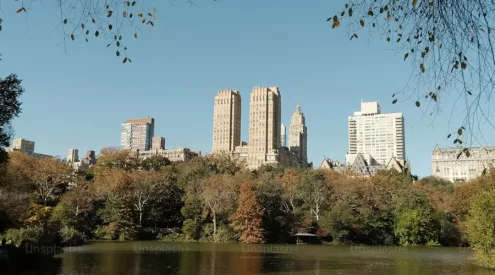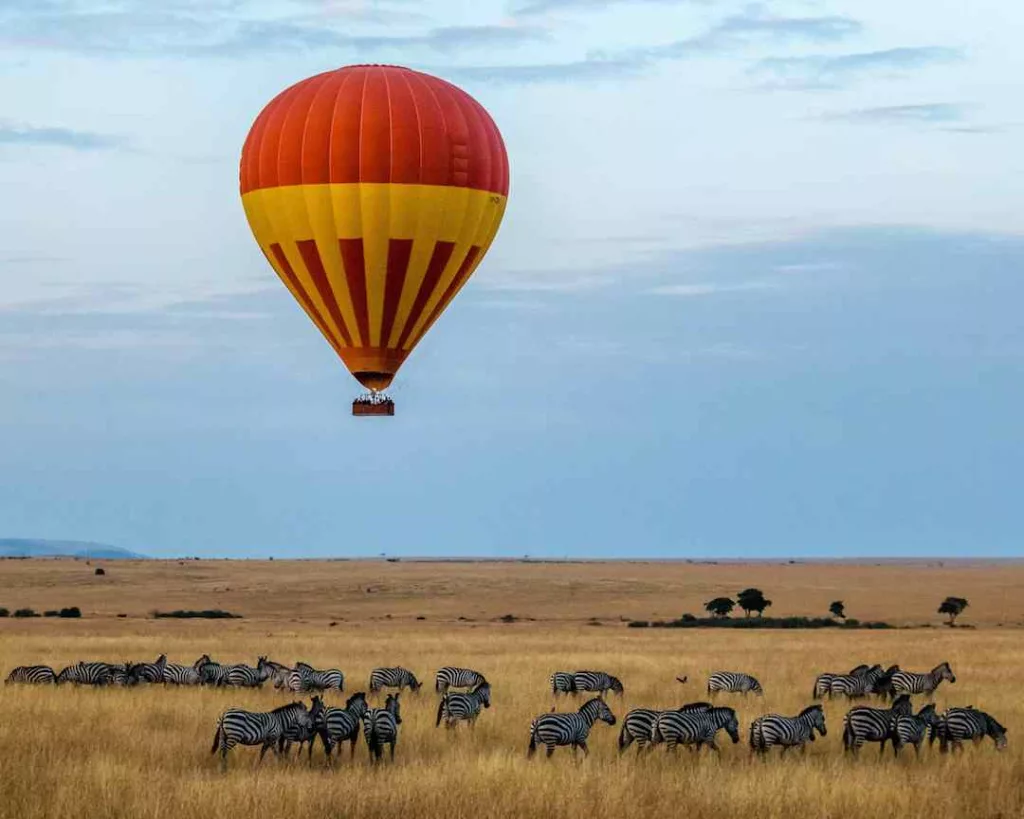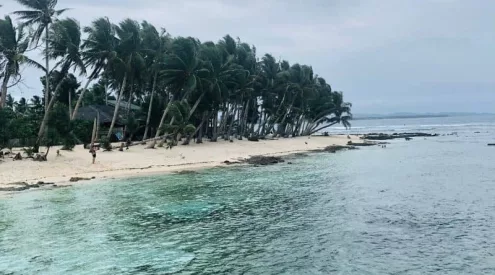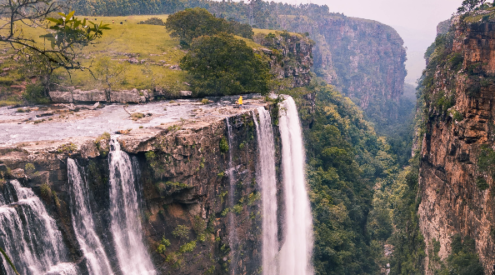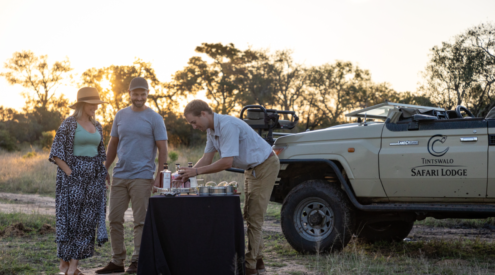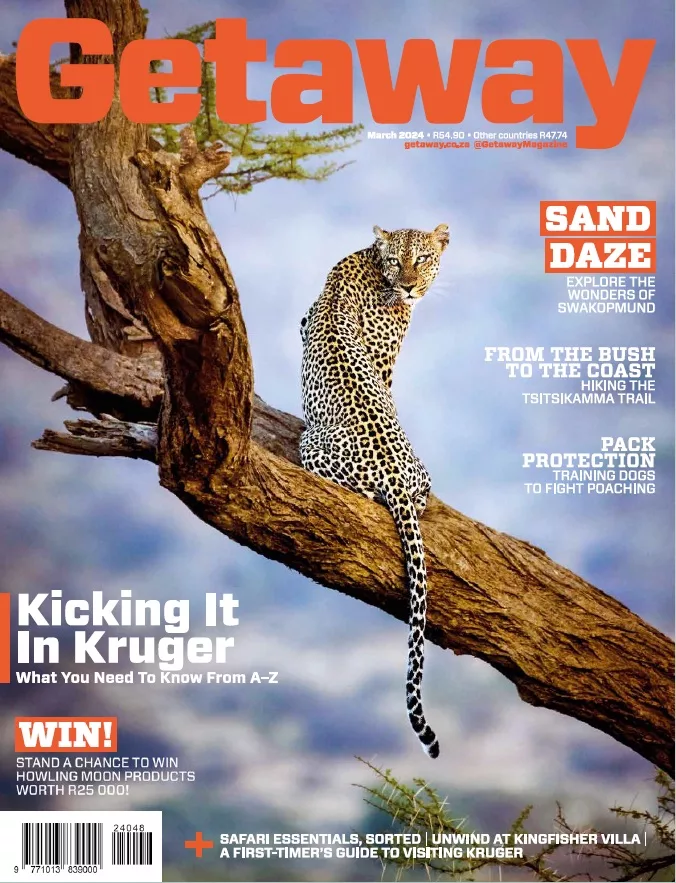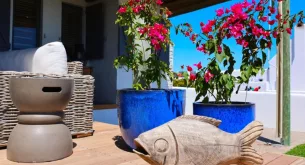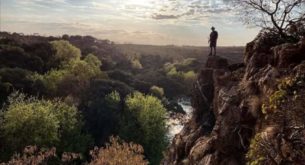The WWF (World Wildlife Fund for Nature) is one of the world’s most respected conservation organisations. The Southern African Wildlife Foundation was formed in 1968, before being renamed to WWF South Africa in 1995. WWF has protected South Africa’s environment, animals, plants and the people for many years.
As part of their 50th anniversary, they will celebrate environmental achievements and a few destinations in Southern Africa’s natural heritage, that have had a significant impact on this nation.
WWF South Africa CEO Morné du Plessis says, “We believe in the power of people and how we, as a collective, can positively impact this earth to realise our vision of building an equitable and sustainable future, in which both people and nature thrive.”
Here are a few WWF SA projects worth celebrating from their journey, from 1968 to 2018 in protecting South Africa’s rhino, the oceans and wildlife.
1. The Cape Floral Kingdom

Image supplied by WWF South Africa
The Cape Floral Kingdom is one of the smallest plant kingdoms with over 2000 indigenous plants. WWF has been protecting this area’s natural heritage by raising capital to create the Table Mountain Fund. The ensures that the mountain and fynbos are well protected. WWF has raised more than R60 million for 215 biodiversity projects.
2. Rhino breeding projects

Image by Brent Sirton
WWF has been involved in many projects that conserve the iconic and endangered African rhinos – both black and white. The rhino relocating projects are about moving the rhinos to community-owned game reserves. Rhino horn poaching is a devastating crime. The WWF created a breeding relocation project in 2007 where a community-owned game reserve became home to the endangered black rhino. Since then, approximately twenty black rhino have been relocated successfully.
3. Protecting the oceans

Image by Mark Chipps
WWF SA has been a motivator for change across the marine sector by collaborating with fishing companies and retailers to encourage the consumers to make sustainable seafood choices – through the red, orange or green grading system known as WWF-SASSI (Southern African Sustainable Seafood Initiative).
4. Protecting alien plants

Image by Claudio-Velasque
The high density invasion of alien vegetation is why WWF create a project to clear these water-thirsty plants from the rivers and free up natural water flow. The project called Working for Water, is run across all nine provinces and supported by government with over 300 projects. There are 20 000 men and women who are employed and trained to clear more than a million hectares of alien plants.
For more details on the World Wildlife Fund South Africa click here

